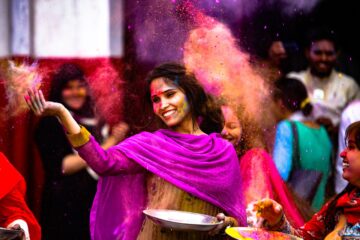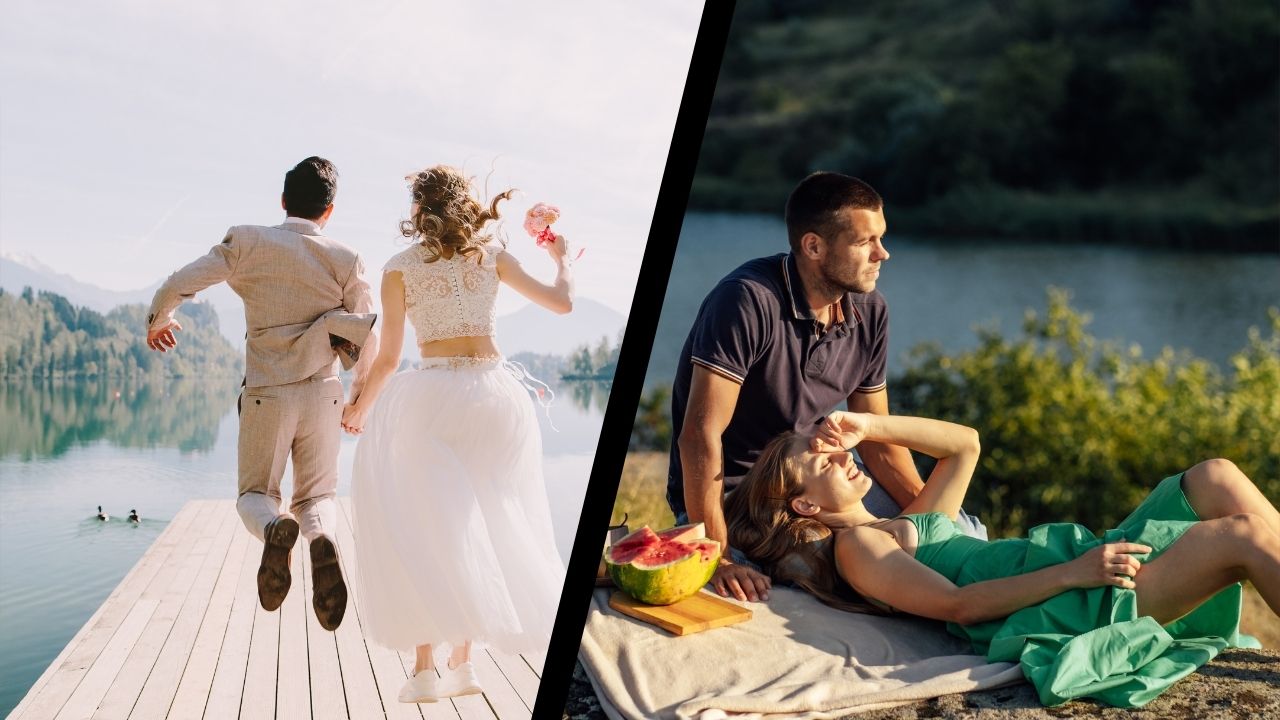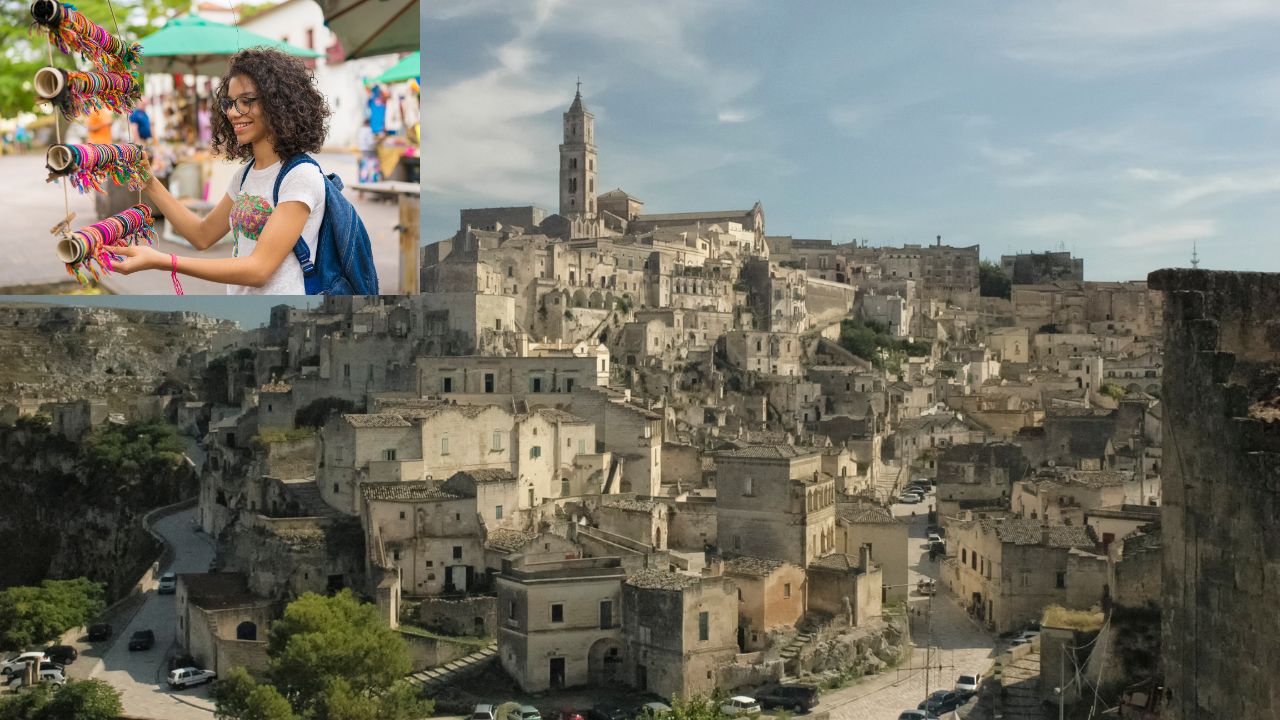Introduction to Dubai’s Rich Cultural Heritage
Dubai’s cultural heritage is a vivid tapestry woven from its historical roots and modern influences. Once a modest fishing village on the Arabian Gulf, Dubai has transformed into a global metropolis, showcasing a unique blend of traditional Emirati culture and contemporary elements. This transformation has not only elevated the city’s status but has also profoundly shaped its cultural identity.
The history of Dubai dates back to the early 18th century when it was established as a small fishing and trading settlement. The discovery of oil in the mid-20th century catapulted Dubai into unprecedented economic growth, attracting people from across the globe. This influx of diverse populations has greatly enriched Dubai’s cultural landscape, making it a melting pot of traditions, languages, and customs.
Emirati traditions remain at the heart of Dubai’s cultural heritage. Bedouin practices, such as falconry, traditional dance, and pearl diving, are still celebrated and preserved. The city’s commitment to maintaining its heritage is evident in its many cultural institutions, museums, and heritage villages that offer a glimpse into the past. These efforts ensure that the essence of Emirati culture continues to thrive even amidst rapid modernization.
However, Dubai is not merely a guardian of its past; it is also a beacon of innovation and modernity. The cityscape, dotted with iconic structures like the Burj Khalifa and Palm Jumeirah, reflects Dubai’s ambitious spirit and forward-thinking vision. This harmonious blend of old and new is what makes Dubai’s cultural heritage so compelling and distinctive.
The preservation of Dubai’s history and traditions while embracing globalization underscores the city’s cultural philosophy. This duality is a testament to Dubai’s ability to honor its roots while welcoming the future. Through this comprehensive guide, we will delve deeper into the various facets of Dubai’s unique cultural tapestry, exploring how its rich heritage and modern influences coexist and complement each other.
Traditional Emirati Customs and Practices
Emirati customs are deeply rooted in a rich cultural heritage that reflects the values and traditions of the UAE. One of the most cherished practices is the concept of hospitality, which is an essential part of Emirati culture. Guests are warmly welcomed into homes and are often offered Gahwa, or Arabic coffee, which is a symbol of hospitality and respect. The preparation and serving of Gahwa is an art form, often accompanied by the serving of dates, another staple in Emirati daily life. Dates are not only a nutritious fruit but also hold cultural significance, symbolizing health and prosperity.
The Majlis, a traditional gathering place, plays a critical role in Emirati social life. It serves as a venue for socializing, discussing community matters, and celebrating important events. The Majlis exemplifies the communal spirit and the importance of interpersonal connections within Emirati culture.
Traditional clothing in Dubai is another significant aspect of Emirati customs. Men typically wear the Kandura, a long white robe that reflects simplicity and elegance, while women wear the Abaya, a black cloak that symbolizes modesty. These garments are not only practical for the desert climate but also embody cultural values of respect and tradition.
Festivals and celebrations are integral to preserving and celebrating Emirati heritage. Eid, Ramadan, and National Day are some of the most significant occasions. During Ramadan, the city comes alive with nightly feasts and communal prayers, while Eid marks the end of fasting with grand celebrations and family gatherings. National Day, celebrated on December 2nd, commemorates the founding of the UAE and is marked by parades, fireworks, and cultural performances.
Understanding traditional Emirati customs and practices provides deeper insights into the unique cultural tapestry of Dubai. These elements, from hospitality and dress codes to festivals, showcase the rich traditions and values that define Emirati society.
Modern Cultural Expressions in Dubai
Modern Dubai culture is a fascinating blend of tradition and innovation, with contemporary influences shaping its dynamic cultural landscape. The city’s art scene has flourished over the past decade, with numerous art galleries and museums serving as hubs for cultural exchange. The Etihad Museum and the Dubai Museum offer visitors a deep dive into the nation’s history, while contemporary art spaces like Alserkal Avenue provide platforms for local and international artists to showcase their work.
Alserkal Avenue, in particular, has become a cornerstone of modern Dubai culture. This cultural district is home to a variety of galleries, creative spaces, and performance venues. It regularly hosts exhibitions, workshops, and cultural events, making it a focal point for the city’s burgeoning art community. Such establishments reflect Dubai’s commitment to fostering a rich and diverse cultural environment.
In addition to visual arts, Dubai’s culinary scene is a testament to its global influences. The city offers a remarkable fusion of international cuisines, with dining options ranging from gourmet restaurants to street food markets. This gastronomic diversity mirrors Dubai’s multicultural populace, allowing residents and visitors to experience flavors from around the globe all in one city.
Dubai’s music and fashion scenes are equally vibrant, contributing to its reputation as a cultural hotspot. The city hosts numerous music festivals and concerts, attracting artists from various genres and countries. Fashion enthusiasts can enjoy events like Arab Fashion Week, where emerging designers and established brands alike present their latest collections. These events underscore Dubai’s role as a trendsetter in the region.
Moreover, Dubai’s cultural calendar is packed with international events that draw visitors from around the world. The Dubai International Film Festival and Art Dubai are just two examples of events that highlight the city’s cultural dynamism. These festivals not only showcase global talent but also provide a platform for cultural dialogue and exchange, reinforcing Dubai’s status as a global cultural hub.
In essence, modern Dubai culture is a multifaceted tapestry, woven from both its rich heritage and contemporary influences. Through its thriving art scene, diverse culinary offerings, and vibrant cultural events, Dubai continues to establish itself as a beacon of modernity and tradition in the Middle East.
Experiencing Dubai’s Culture: Practical Tips and Recommendations
Dubai offers a rich and diverse cultural landscape that is waiting to be explored. To truly immerse yourself in Dubai’s culture, there are several practical tips and recommendations to enhance your experience. One of the top Dubai cultural experiences is visiting iconic cultural landmarks. Start with the Al Fahidi Historic District, where you can wander through narrow alleyways and discover traditional wind-tower architecture. Another must-visit is the Sheikh Mohammed Centre for Cultural Understanding, which offers tours and cultural meals aimed at promoting understanding between different cultures.
Engaging in traditional activities is another excellent way to experience Dubai’s unique culture. Activities such as camel riding and falconry provide a glimpse into the traditional Bedouin way of life. For those interested in the arts, attending local festivals is highly recommended. Events like the Dubai Shopping Festival and the Dubai Food Festival not only celebrate modern attractions but also showcase traditional Emirati arts, crafts, and cuisine.
For a more structured experience, consider participating in cultural tours. Many tours offer a comprehensive look at Dubai’s cultural heritage, including visits to museums, mosques, and heritage sites. The Dubai Museum, located in the Al Fahidi Fort, is a great starting point to understand the city’s history and transformation. Additionally, the Etihad Museum provides insights into the formation of the UAE and its journey to modernity.
When experiencing these cultural activities, it is crucial to respect local customs and etiquette. Dress modestly, particularly when visiting religious sites, and be mindful of social norms such as avoiding public displays of affection. Understanding these nuances will not only enrich your experience but also ensure that you show respect for the local culture.
In essence, exploring Dubai’s cultural activities provides an enriching experience that goes beyond the city’s modern facade. From historical landmarks to traditional activities and local festivals, there are numerous ways to delve into the cultural tapestry of Dubai. By following these practical tips, you can make the most of your visit and gain a deeper appreciation for this unique metropolis.


